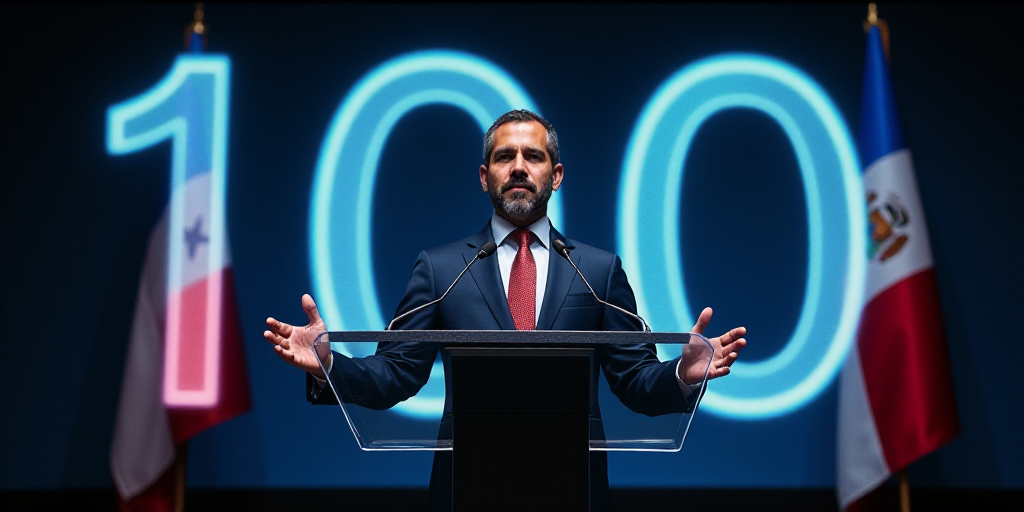Secretary of Finance Emphasizes Importance of Monetary Transmission Mechanisms
Background on Key Figures:
Edgar Amador, the Secretary of Finance, recently highlighted the significance of the Banco de México (Mexico’s central bank) in shaping comprehensive economic policy. His comments came during the celebration of the Banco de México’s centennial anniversary, where he stressed the need to look forward amidst a complex economic landscape.
The Current Economic Challenges
Amador referred to the “unique set of challenges” facing the economic cycle, including global inflation shaped by structural factors, geopolitical disruptions, trade fragmentation, energy transformation, climate change, and increased volatility in commodity prices.
Banco de México’s Role and Autonomy
The Secretary of Finance emphasized that Banco de México’s technical voice has become increasingly relevant in this context. He pointed out that since 1994, the bank’s autonomy has provided clarity to monetary policy and facilitated the Secretariat of Finance’s fiscal policy conduct.
This period, according to Amador, marked a phase of shared responsibility: “Without fiscal discipline, there can be no sustainable price stability; without price stability, there can be no growth with well-being.”
Achievements through Shared Responsibility
Successes of Collaboration:
Amador highlighted that the shared responsibility between the Secretariat of Finance and Banco de México has yielded tangible results, such as preserving moderate deficits, maintaining sustainable public debt levels, and effectively responding to external shocks without compromising macroeconomic stability.
He cited the recent episode of global inflation surges as an example of successful coordination between the finance department and the central bank.
“While Banco de México independently adjusted its monetary stance with determination, the Secretariat of Finance activated extraordinary fiscal measures to control fuel prices, preventing inflation from spiraling out of control,” Amador explained.
Digitalization and Regulatory Frameworks
Amador also addressed the need to rethink regulatory and supervisory frameworks due to the financial system’s digitalization, emerging payment technologies, evolving saving patterns, and the transition to low-carbon economies.
He stressed that collaboration between Banco de México, the Secretariat of Finance, and other financial authorities is crucial to ensure that innovation serves the greater good.
Key Questions and Answers
- What is the main topic discussed? The Secretary of Finance, Edgar Amador, emphasized the importance of Banco de México’s role in formulating comprehensive economic policy, especially considering the current complex economic challenges.
- What are the key challenges mentioned? These include global inflation shaped by structural factors, geopolitical disruptions, trade fragmentation, energy transformation, climate change, and increased volatility in commodity prices.
- What has been the outcome of shared responsibility between finance and central bank? Tangible results include preserving moderate deficits, maintaining sustainable public debt levels, and effectively responding to external shocks without compromising macroeconomic stability.
- Why is it necessary to rethink regulatory frameworks? The need arises from the digitalization of the financial system, emerging payment technologies, evolving saving patterns, and the transition to low-carbon economies.






